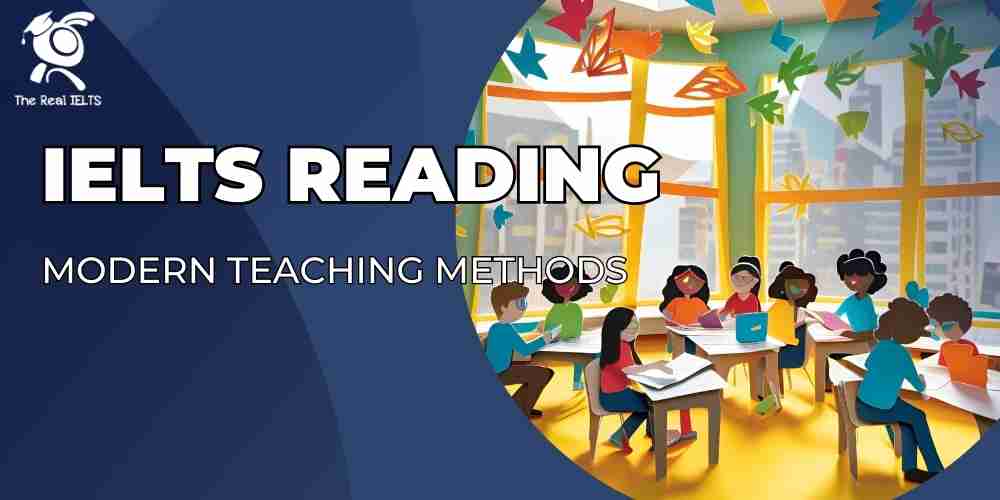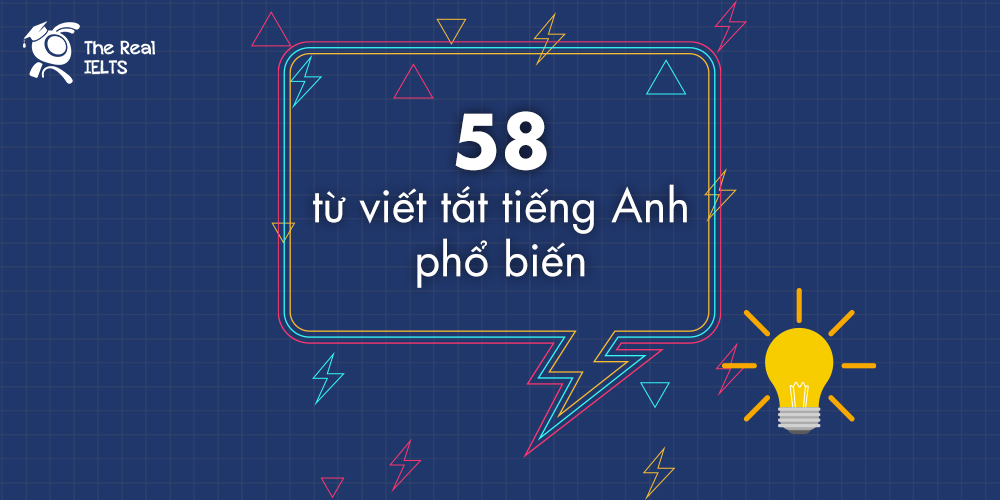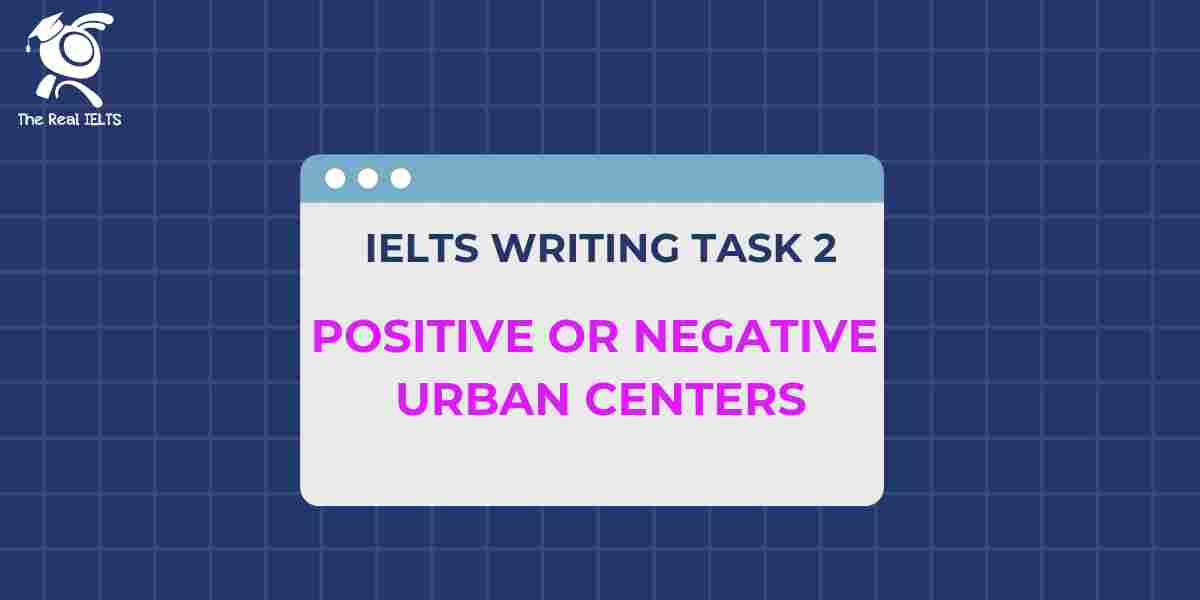Đề thi IELTS Reading có tiêu đề “The Influence of Philosophy on Western Thought”
Nhớ đọc thêm các bài luyện thi IELTS nhé.
IELTS Reading “The Influence of Philosophy on Western Thought”
The Influence of Philosophy on Western Thought
Philosophy, a term derived from the Greek words “philo” (love) and “sophia” (wisdom), is the study of fundamental questions regarding existence, knowledge, values, reason, mind, and language. Since its inception in ancient Greece, philosophy has had a profound influence on Western thought, shaping not only academic disciplines but also societal norms, ethical frameworks, and political ideologies. The legacy of philosophy is woven into the fabric of Western civilization, and its impact is visible in diverse fields such as science, politics, education, and art.
The origins of Western philosophy are often traced back to the pre-Socratic thinkers of ancient Greece, such as Thales, Heraclitus, and Pythagoras. These early philosophers were primarily concerned with the nature of the cosmos and sought to explain the world through reason and observation rather than mythological or religious explanations. This shift from mythos to logos marked a significant turning point in human thought, laying the groundwork for the development of science and rational inquiry.
Socrates, Plato, and Aristotle, the three towering figures of classical Greek philosophy, further advanced the intellectual tradition initiated by the pre-Socratics. Socrates, known for his dialectical method of questioning, emphasized the importance of critical thinking and self-examination. His famous dictum, “The unexamined life is not worth living,” highlights the value he placed on philosophical inquiry as a means of achieving moral and intellectual clarity.
Plato, a student of Socrates, expanded on his teacher’s ideas and introduced the theory of Forms, which posits that the material world is a reflection of a higher, unchanging reality. Plato’s work, particularly in “The Republic,” has had a lasting impact on Western thought, influencing not only philosophy but also political theory, ethics, and education. His vision of a just society, governed by philosopher-kings who possess wisdom and virtue, continues to inspire debates about the nature of justice and the role of knowledge in governance.
Aristotle, Plato’s most famous student, made significant contributions to virtually every field of knowledge, from logic and metaphysics to biology and ethics. His work laid the foundation for the scientific method, emphasizing empirical observation and systematic analysis. Aristotle’s ethical theory, particularly his concept of the “Golden Mean,” which advocates for moderation and balance in all things, has had a profound influence on Western moral philosophy.
The influence of Greek philosophy extended beyond the ancient world, shaping the intellectual landscape of the Roman Empire and later, the medieval Christian world. Roman philosophers such as Cicero and Seneca were deeply influenced by Stoicism, a school of thought that emphasized rationality, self-control, and the acceptance of fate. Stoic philosophy, with its focus on virtue and inner peace, resonated with Roman ideals and played a crucial role in the development of Roman law and governance.
During the Middle Ages, the works of Plato and Aristotle were preserved and studied by Islamic scholars, who translated them into Arabic and incorporated them into their own intellectual traditions. The reintroduction of these texts to Europe through Spain and Italy in the 12th century sparked a revival of interest in Greek philosophy, leading to the rise of scholasticism, a method of learning that sought to reconcile faith and reason.
Thomas Aquinas, one of the most prominent scholastic philosophers, integrated Aristotelian philosophy with Christian theology in his seminal work, “Summa Theologica.” Aquinas argued that reason and faith are complementary, with reason providing the tools to understand the natural world and faith offering insights into the divine. His synthesis of philosophy and theology had a profound impact on Western thought, shaping the intellectual climate of the Middle Ages and laying the groundwork for the Renaissance.
The Renaissance, a period of renewed interest in classical learning and humanism, saw a revival of Platonic and Aristotelian thought, as well as the emergence of new philosophical movements such as empiricism and rationalism. Thinkers like René Descartes, John Locke, and Immanuel Kant built on the foundations laid by the ancient Greeks, developing theories of knowledge, ethics, and politics that continue to influence contemporary thought.
Descartes, often regarded as the father of modern philosophy, introduced a new method of inquiry based on doubt and rational analysis. His famous statement, “Cogito, ergo sum” (“I think, therefore I am”), encapsulates his emphasis on the primacy of reason and the autonomy of the individual. Descartes’ work laid the groundwork for the development of modern science and the Enlightenment, a period characterized by an emphasis on reason, individualism, and progress.
John Locke, an influential empiricist, argued that knowledge is derived from sensory experience and that the mind is a “tabula rasa” (blank slate) at birth. Locke’s ideas about the nature of knowledge and human understanding had a profound impact on the development of modern psychology and education. Additionally, his political philosophy, particularly his theory of natural rights and the social contract, played a crucial role in the development of liberal democratic thought.
Immanuel Kant, a central figure in the Enlightenment, sought to bridge the gap between rationalism and empiricism with his “Critique of Pure Reason.” Kant argued that while our knowledge of the world is shaped by our sensory experiences, it is also structured by innate concepts, such as time and space. His ethical theory, based on the concept of the “categorical imperative,” which states that moral actions must be universally applicable, has had a lasting influence on Western moral philosophy.
The influence of philosophy on Western thought extends beyond the realm of academic inquiry, permeating art, literature, and culture. The existentialist movement of the 20th century, for example, drew on the works of philosophers such as Søren Kierkegaard, Friedrich Nietzsche, and Jean-Paul Sartre to explore themes of individuality, freedom, and the absurdity of existence. Existentialist ideas have had a profound impact on literature, theater, and film, challenging traditional notions of meaning and purpose.
In conclusion, the influence of philosophy on Western thought is vast and enduring. From the ancient Greeks to the modern era, philosophy has shaped the way we think about the world, ourselves, and our place in the universe. Its impact is evident in the development of science, politics, ethics, and education, as well as in the broader cultural and intellectual traditions of the West. The legacy of philosophy continues to inspire and challenge us, prompting us to question our assumptions, explore new ideas, and seek a deeper understanding of the human condition.
Đề bài thi IELTS Reading
Multiple Choice
- Which term describes the study of fundamental questions such as existence and knowledge?
A. Sociology
B. Philosophy
C. Psychology
D. Theology - What shift marked a turning point in human thought according to the text?
A. Mythos to logos
B. Logos to mythos
C. Faith to reason
D. Reason to faith - Who is known for the dictum “The unexamined life is not worth living”?
A. Plato
B. Aristotle
C. Socrates
D. Descartes - What is Plato’s theory of Forms concerned with?
A. Ethical behavior
B. Political governance
C. The higher reality beyond the material world
D. The natural world and its processes - Which philosopher laid the foundation for the scientific method?
A. Socrates
B. Descartes
C. Aristotle
D. Kant - Which school of thought emphasized rationality, self-control, and the acceptance of fate?
A. Stoicism
B. Empiricism
C. Existentialism
D. Rationalism - During which period were Plato’s and Aristotle’s works reintroduced to Europe?
A. The Renaissance
B. The Enlightenment
C. The Middle Ages
D. The Roman Empire - Who integrated Aristotelian philosophy with Christian theology?
A. Cicero
B. Seneca
C. Thomas Aquinas
D. Immanuel Kant - Which movement explored themes of individuality, freedom, and the absurdity of existence?
A. Empiricism
B. Rationalism
C. Existentialism
D. Stoicism - Who is often regarded as the father of modern philosophy?
A. John Locke
B. Aristotle
C. Immanuel Kant
D. René Descartes
True/False/Not Given
- The term “philosophy” originates from Latin.
True
False
Not Given - Plato believed that the material world is more important than the world of Forms.
True
False
Not Given - Aristotle’s concept of the “Golden Mean” advocates for extreme behavior in all aspects of life.
True
False
Not Given - Islamic scholars were responsible for preserving and translating Greek philosophical works.
True
False
Not Given - John Locke believed that humans are born with innate knowledge.
True
False
Not Given - Existentialism had a significant influence on the development of modern science.
True
False
Not Given
Yes/No/Not Given
- Does the author believe that philosophy’s influence is limited to academic disciplines?
Yes
No
Not Given - Is it suggested that Stoicism was less influential in Roman culture compared to other philosophies?
Yes
No
Not Given - Does the text imply that Thomas Aquinas rejected the use of reason in understanding the divine?
Yes
No
Not Given - Does the author state that Descartes’ work directly led to the Enlightenment?
Yes
No
Not Given
Matching Information
- Match the following philosophers with their contributions or ideas:
- A. Socrates
- B. Plato
- C. Aristotle
- D. Descartes
i. Introduced the theory of Forms
ii. Emphasized critical thinking and self-examination
iii. Laid the foundation for the scientific method
iv. Stated “Cogito, ergo sum”
- Match the following periods with their respective philosophical movements or influences:
- A. The Renaissance
- B. The Enlightenment
- C. The Middle Ages
- D. The Roman Empire
i. Revival of classical learning and humanism
ii. Integration of Aristotelian philosophy with Christian theology
iii. Emphasis on reason, individualism, and progress
iv. Influence of Stoicism on law and governance
Matching Headings
- Match the headings with the correct paragraphs:
- A. “The Birth of Western Philosophy”
- B. “Philosophy in the Roman Empire”
- C. “The Role of Philosophy in the Renaissance”
- D. “The Scientific Method and Empiricism”
- E. “Existentialism and Modern Thought”
Matching Features
- Match the following concepts with the philosopher most associated with them:
- A. Theory of Forms
- B. Categorical Imperative
- C. Natural Rights
- D. The Golden Mean
i. Plato
ii. Kant
iii. Locke
iv. Aristotle
Matching Sentence Endings
- Complete the sentences by matching the beginning with the correct ending:
- A. The pre-Socratic philosophers…
- B. Thomas Aquinas’ synthesis…
- C. Existentialism challenges…
- D. Stoicism played a crucial role…
i. in the development of Roman law and governance.
ii. shifted the focus from mythos to logos.
iii. continues to influence literature and art.
iv. combined faith with Aristotelian philosophy.
Sentence Completion
- The shift from mythos to logos laid the groundwork for the development of __________.
(Answer: science and rational inquiry) - The reintroduction of Greek philosophical texts to Europe during the 12th century led to the rise of __________.
(Answer: scholasticism) - Descartes’ statement “Cogito, ergo sum” emphasizes the primacy of __________.
(Answer: reason) - John Locke’s theory of knowledge argued that the mind is a __________ at birth.
(Answer: blank slate) - The existentialist movement explored themes such as individuality, freedom, and __________.
(Answer: the absurdity of existence)
Summary Completion
- Complete the summary using words from the text:
Ancient Greek philosophy began with the pre-Socratic thinkers, who focused on understanding the cosmos through __________ rather than myth. This intellectual tradition was further developed by Socrates, Plato, and Aristotle, who laid the foundation for Western thought. Their influence extended to the __________, where Stoicism became a key philosophy. In the Middle Ages, Aristotle’s work was integrated with Christian theology by __________, leading to the rise of scholasticism. The Renaissance saw a revival of classical learning, and later, modern thinkers like Descartes and Locke contributed to the development of __________ and rationalism.
(Answers: reason, Roman Empire, Thomas Aquinas, empiricism)
Diagram Label Completion
- Label the following diagram based on the philosophical concepts mentioned in the text:
(Diagrams could include visual representations of the Theory of Forms, the Categorical Imperative, or the scientific method, with blanks for labeling the associated philosopher.)
Short Answer Questions
- What is the primary focus of Stoic philosophy?
(Answer: Rationality, self-control, and the acceptance of fate) - Who is credited with laying the foundation for the scientific method?
(Answer: Aristotle) - Which period emphasized the integration of reason and faith?
(Answer: The Middle Ages) - Which philosopher argued that knowledge is derived from sensory experience?
(Answer: John Locke) - Name the philosopher associated with the idea of the “Golden Mean.”
(Answer: Aristotle) - Which movement in the 20th century was influenced by existentialist ideas?
(Answer: Literature, theater, and film) - What did Thomas Aquinas attempt to reconcile in his philosophical work?
(Answer: Faith and reason) - Which philosopher is known for the statement “Cogito, ergo sum”?
(Answer: René Descartes)
Đáp án bài thi IELTS Reading
Multiple Choice
- B. Philosophy
- A. Mythos to logos
- C. Socrates
- C. The higher reality beyond the material world
- C. Aristotle
- A. Stoicism
- C. The Middle Ages
- C. Thomas Aquinas
- C. Existentialism
- D. René Descartes
True/False/Not Given
- False
- False
- False
- True
- False
- False
Yes/No/Not Given
- No
- No
- No
- Yes
Matching Information
- A. Socrates → ii. Emphasized critical thinking and self-examination
- B. Plato → i. Introduced the theory of Forms
- C. Aristotle → iii. Laid the foundation for the scientific method
- D. Descartes → iv. Stated “Cogito, ergo sum”
- A. The Renaissance → i. Revival of classical learning and humanism
- B. The Enlightenment → iii. Emphasis on reason, individualism, and progress
- C. The Middle Ages → ii. Integration of Aristotelian philosophy with Christian theology
- D. The Roman Empire → iv. Influence of Stoicism on law and governance
Matching Headings
- A. “The Birth of Western Philosophy” → Pre-Socratic philosophers and the shift from mythos to logos
- B. “Philosophy in the Roman Empire” → Stoicism’s influence on Roman culture
- C. “The Role of Philosophy in the Renaissance” → Revival of classical ideas during the Renaissance
- D. “The Scientific Method and Empiricism” → Aristotle’s contribution to science
- E. “Existentialism and Modern Thought” → 20th-century existentialist movement
Matching Features
- i. Plato → A. Theory of Forms
- ii. Kant → B. Categorical Imperative
- iii. Locke → C. Natural Rights
- iv. Aristotle → D. The Golden Mean
Matching Sentence Endings
- A. The pre-Socratic philosophers… → ii. shifted the focus from mythos to logos.
- B. Thomas Aquinas’ synthesis… → iv. combined faith with Aristotelian philosophy.
- C. Existentialism challenges… → iii. continues to influence literature and art.
- D. Stoicism played a crucial role… → i. in the development of Roman law and governance.
Sentence Completion
- science and rational inquiry
- scholasticism
- reason
- blank slate
- the absurdity of existence
Summary Completion
- reason, Roman Empire, Thomas Aquinas, empiricism
Diagram Label Completion
(Diagram-specific answers may vary based on how the diagram is designed. Below are general suggestions based on likely labels.) 32.
- Theory of Forms → Plato
- Categorical Imperative → Kant
- Scientific Method → Aristotle
Short Answer Questions
- Rationality, self-control, and the acceptance of fate
- Aristotle
- The Middle Ages
- John Locke
- Aristotle
- Literature, theater, and film
- Faith and reason
- René Descartes
Luyện tập bài khác ở bài viết:”100 bài luyện IELTS Reading 2024 – 2025“















